Myanmar’s Crisis Deepens: What You Need to Know
March 19, 2025
862
Love For Myanmar Ministries Update
Christ Centered, Servant Hearted, Myanmar Focused
“Stop fighting and know that I am God! I am the one who defeats the nations; I am the one who controls the world.” Psalm 46:10
Gary Watkins, LFM Co-founder
- Prayer Request: (Myanmar coup day 1,510)
Please pray for an end to the senseless destruction and suffering caused by the junta’s coup, and for the healing of wounds, both physical and spiritual among the Myanmar people.
- The junta leader, Senior General Min Aung Hlaing, has recently vowed to hold an election in December 2025 or January 2026. Critics have widely derided the promised election as a sham to keep the generals in power through proxies, given that dozens of political parties have been banned, and the junta has lost its grip over large parts of Myanmar. The Myanmar military seized power in 2021, making unsubstantiated claims of massive electoral fraud in 2020 polls won resoundingly by Nobel laureate Aung San Suu Kyi’s National League for Democracy.
- Russian president Vladimir Putin praised Russia’s developing ties with Myanmar, during a recent visit by the Asian country’s junta chief. Russia is a crucial arms supplier to the junta’s military rule.
- Internally displaced persons (IDPs) who have sought refuge in urban areas of Mon State are being required to register their names with local ward administrators. Those residing in Buddhist monasteries, rental homes, and other temporary shelters in towns such as Mawlamyine, Mudon, and Thanbyuzayat are being instructed to submit their details. Since the military coup, ongoing armed conflict between junta forces and revolutionary groups in Mon State has forced more than 200,000 people to flee their homes in Mon State, according to IDP monitoring organizations.
- A BBC investigation reported that the junta controls less than 25 percent of Myanmar’s total territory, which includes 330 townships. Despite the lack of authority nationwide, the regime in Naypyidaw wants to hold general elections later this year. The National Unity Government claims that the People Defense Forces and ethnic resistance organizations have seized control of 144 out of 330 townships with 48 of them under full resistance control. Seventy-nine townships remain contested between the junta and resistance forces.
- The UN is facing calls to investigate Myanmar Special Envoy Julie Bishop for potential conflicts of interest over her private work with Chinese state-owned companies connected to Myanmar’s military junta. Rights group “Justice for Myanmar” spokesperson said Bishop’s links with companies that have a history of dirty deals with the Myanmar military further undermine her credibility as special envoy.
- Since the coup, several Ethnic Armed Organizations have chosen to sit on the sidelines, observing the junta rather than engaging it in direct combat. Some have labeled these groups “free riders.” Among them, there are groups like the United Wa State Army gaining territory and strength without firing a shot, while others, like the New Mon State Party and the Pa-O National Liberation Organization saw their unity fracture and power wane due to their inaction. While avoiding direct combat under their own banner, they oversee and channel the revolutionary zeal of young fighters through proxies, offering them an outlet.
- More than a million people have fled Myanmar’s brutal civil war to seek shelter and work in neighboring Thailand, where experts say nationalists are using disinformation to fuel prejudice against them. Social media platforms have been flooded by false claims that Myanmar migrant workers were demanding a 700 Thai baht (US$21) minimum daily wage – almost twice that paid to Thais.
- The junta’s conscription (military service) program has had a massive impact on Myanmar society. When husbands and fathers are taken, families are often left without their primary breadwinners and wives and children are more vulnerable to violence and exploitation. Psychological trauma plagues both conscripts and their families, who worry that their loved ones may be killed or injured. With so many young people conscripted or fleeing to avoid conscription, businesses have trouble finding workers and agricultural fields go untended, deepening food insecurity. The impact of the conscription program has become a regional issue, with increasing numbers of young people fleeing Myanmar to neighboring countries.

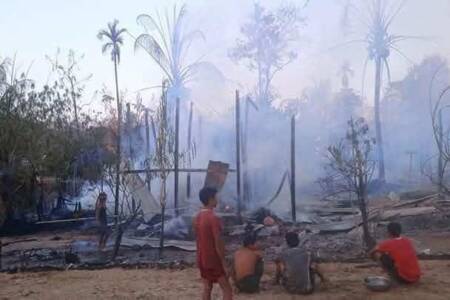
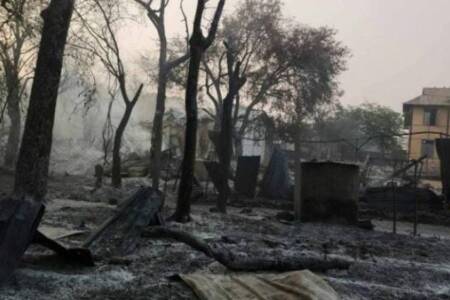
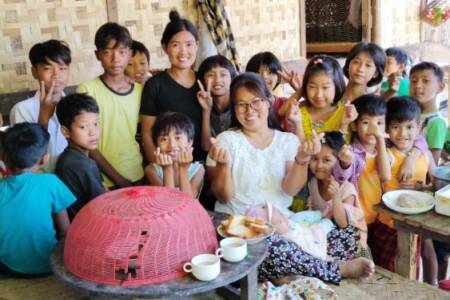
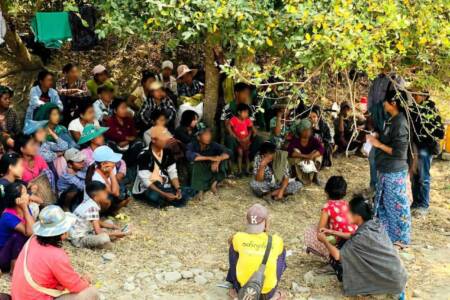
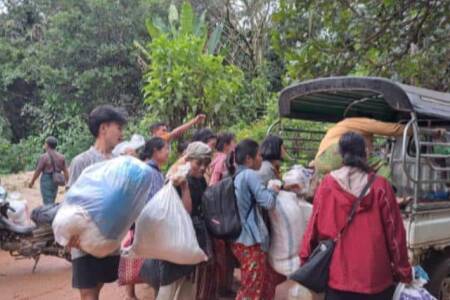
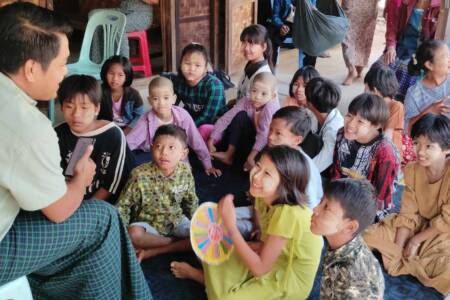
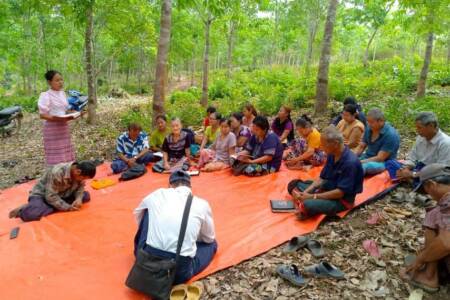
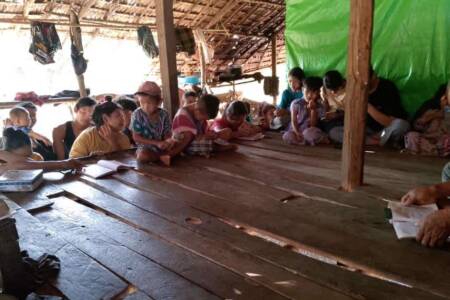
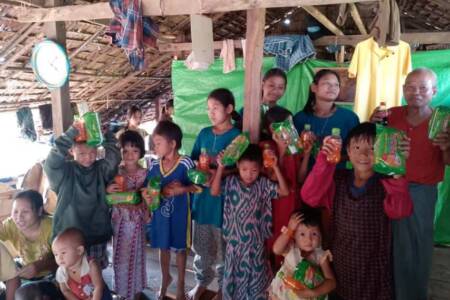
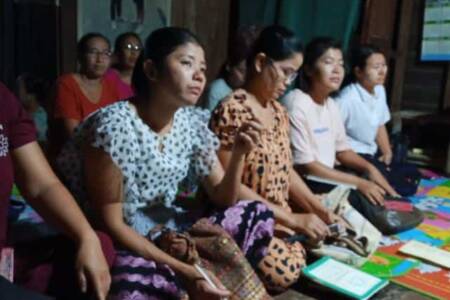
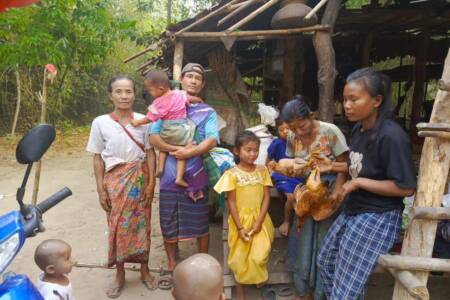
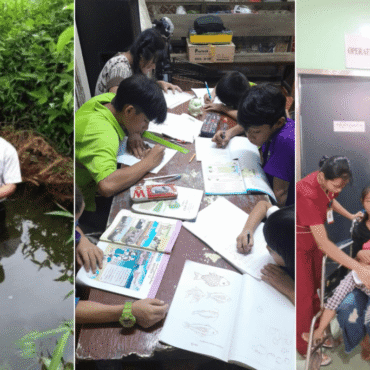
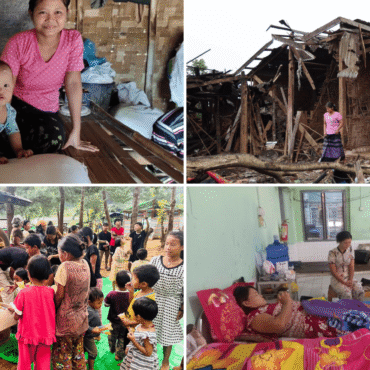
Add Comment